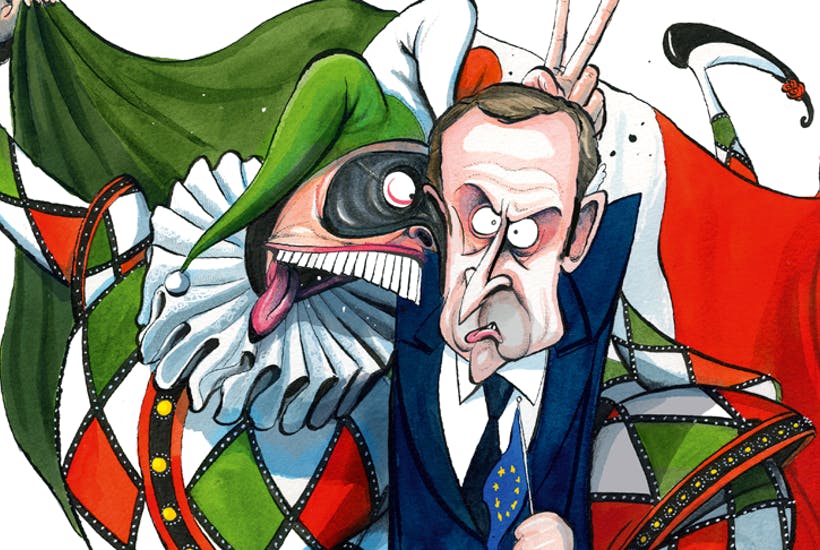There aren’t many EU politicians with a high profile, but Federica Mogherini, the former Italian foreign minister and, since 2014, the EU’s high representative for foreign affairs, is one of the exceptions.
Mogherini’s five-year term is up next year. Where she will go after her time expires – back to a fractious and circus-like Italian political scene, or somewhere else in the EU structure – is anyone’s guess. But if her address at yesterday’s EU Ambassador’s Conference is anything to go on, she intends to use the twilight of her tenure as Europe’s top foreign policy official to drill home a central point: multilateralism is not a dead or dying concept worth discarding.
Mogherini, like many establishment European politicians of her generation, believes with conviction that the world is far better off embracing globalisation, supra-regional institutions, and multiculturalism than by reinvesting in the nationalist concepts espoused by Donald Trump, Viktor Orban, Vladimir Putin, and Matteo Salvini. On this, Mogherini has her work cut out for her; as exhibited across Europe, from Germany’s AfD to the League in Italy, right-wing populism is the new vogue of European politics. Before Europe’s migration crisis of 2014-2016, it would have a silly proposition to even imagine the far-right Sweden Democrats registering enough support at the polls to become a potential kingmaker in the country’s traditionally leftist politics. And yet, Europe is a very different place today than it was earlier in the decade; the unimaginable is now well within the bounds of what is possible.
Mogherini isn’t a fan of the populist forces rearing their ugly heads, to say the least. Part of her disgust is rooted in the scapegoating of “the other” and the political and social divisiveness that are by-products of populist politics in general. But another big ingredient is that, with every far-right politician elected into a national parliament or far-right minister inducted into a national government, the multilateralism Europeans used to take for granted is that much more under siege. For a centrist like Mogherini, such a development is not only unacceptable: it’s downright anti-European.
She made this point obvious in her address. “I believe that we Europeans can tell with no doubt that we have advanced our national interests in these last 60 years not in spite of multilateralism, but through multilateralism,” she told the ambassadors. “We must try to consolidate our achievements, because it takes a long time to build them, but it takes very little to destroy what has been built.”
The subtext was obvious: if Europe picks the side of Orbanism over Macronism, the entire continent will drift into a very dark place and cancel out the progress Europeans have made since the last world war.
This is Mogherini’s challenge over the next year. She needs to remind the Europeans she represents that open markets and free trade agreements are good for their wallets; that legal immigration to Europe enhances the continent’s economic prosperity and contributes to the ideal of Europe as a tolerant, multicultural bastion; that Europe is served best by getting back to its humanitarian roots. She needs to maintain the idea of the EU as a international diplomatic force and actually demonstrate to Eurosceptics that Brussels is more than the headquarters for stuffy, out-of-touch globalist elites spending the taxpayers’ hard-earned money. And, above all, Mogherini will have to find a way to defend the very philosophy of multilateral diplomacy at a time when oversized personalities like Trump, Orban, Salvini, and hard-core Brexiteers suck all the oxygen in the room. It will be a steep, perhaps impossible, mountain for her to scale.






Comments